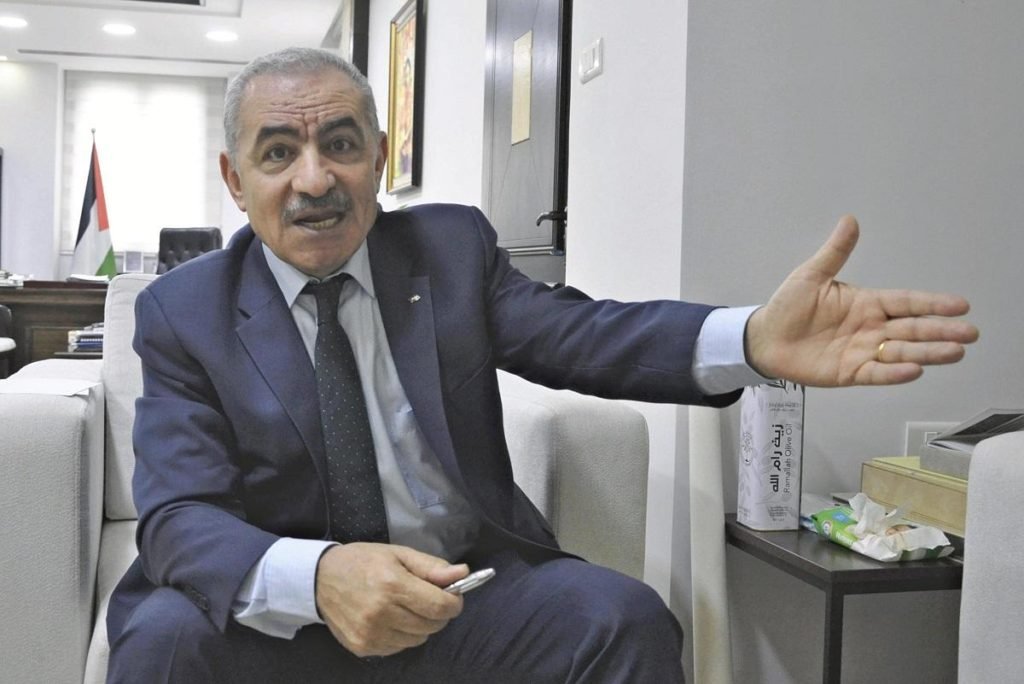Mohammad Shtayyeh resigns as Palestinian PM over Gaza ‘genocide’. In a significant move aimed at fostering unity and addressing escalating tensions in the region, Palestinian Prime Minister Mohammad Shtayyeh announced his resignation on Monday.
The decision comes amidst mounting pressure to restructure the Palestinian Authority (PA) and establish a consensus among Palestinians following Israel’s recent conflict with Hamas in Gaza.
Shtayyeh tendered his resignation to President Mahmoud Abbas during the opening of Monday’s government meeting in Ramallah.
Addressing the gathering, he cited the “unprecedented escalation” in the occupied West Bank and Jerusalem, as well as the dire humanitarian situation in the Gaza Strip, as key factors influencing his decision.
The resignation comes amid growing international calls for an end to the violence in Gaza and the establishment of a political framework to govern the enclave post-conflict.
The United States, in particular, has been exerting pressure on the Palestinian leadership to initiate reforms within the PA.
Having led the Palestinian Authority’s 18th government since his appointment in March 2019, Shtayyeh expressed his belief that the next stage requires new governmental and political arrangements to address the evolving reality in Gaza and achieve Palestinian unity.
He emphasized the need for a Palestinian-Palestinian consensus to navigate the challenges ahead.
As Mohammad Shtayyeh resigns as Palestinian PM over Gaza ‘genocide’, Shtayyeh’s resignation underscores the complexities facing the Palestinian leadership as they grapple with internal divisions and external pressures.
There are concerns that the PA could be relegated to an administrative and security role without significant political influence, a prospect that Shtayyeh vowed to resist.
Shtayyeh noted there are “efforts to make the (Palestinian Authority) an administrative and security authority without political influence, and the PA will continue to struggle to embody the state on the land of Palestine despite the occupation”.
“I see that the next stage and its challenges require new governmental and political arrangements that take into account the new reality in Gaza and the need for a Palestinian-Palestinian consensus based on Palestinian unity,” he added.
